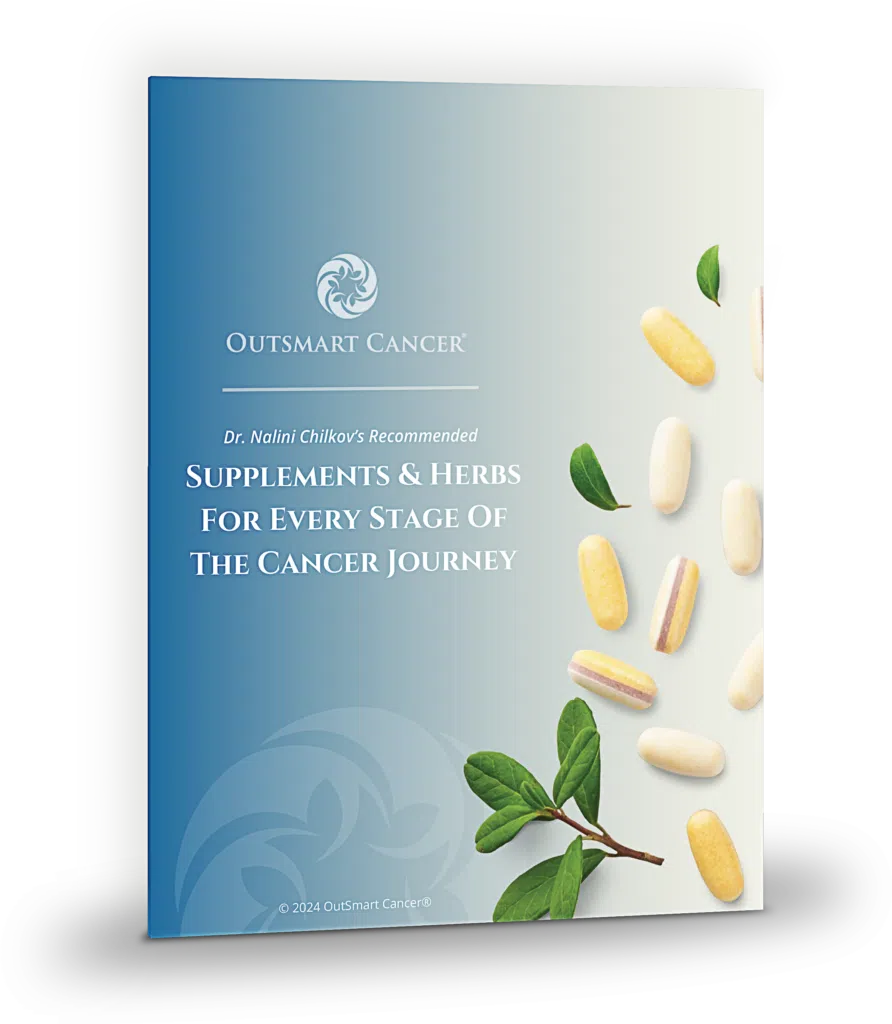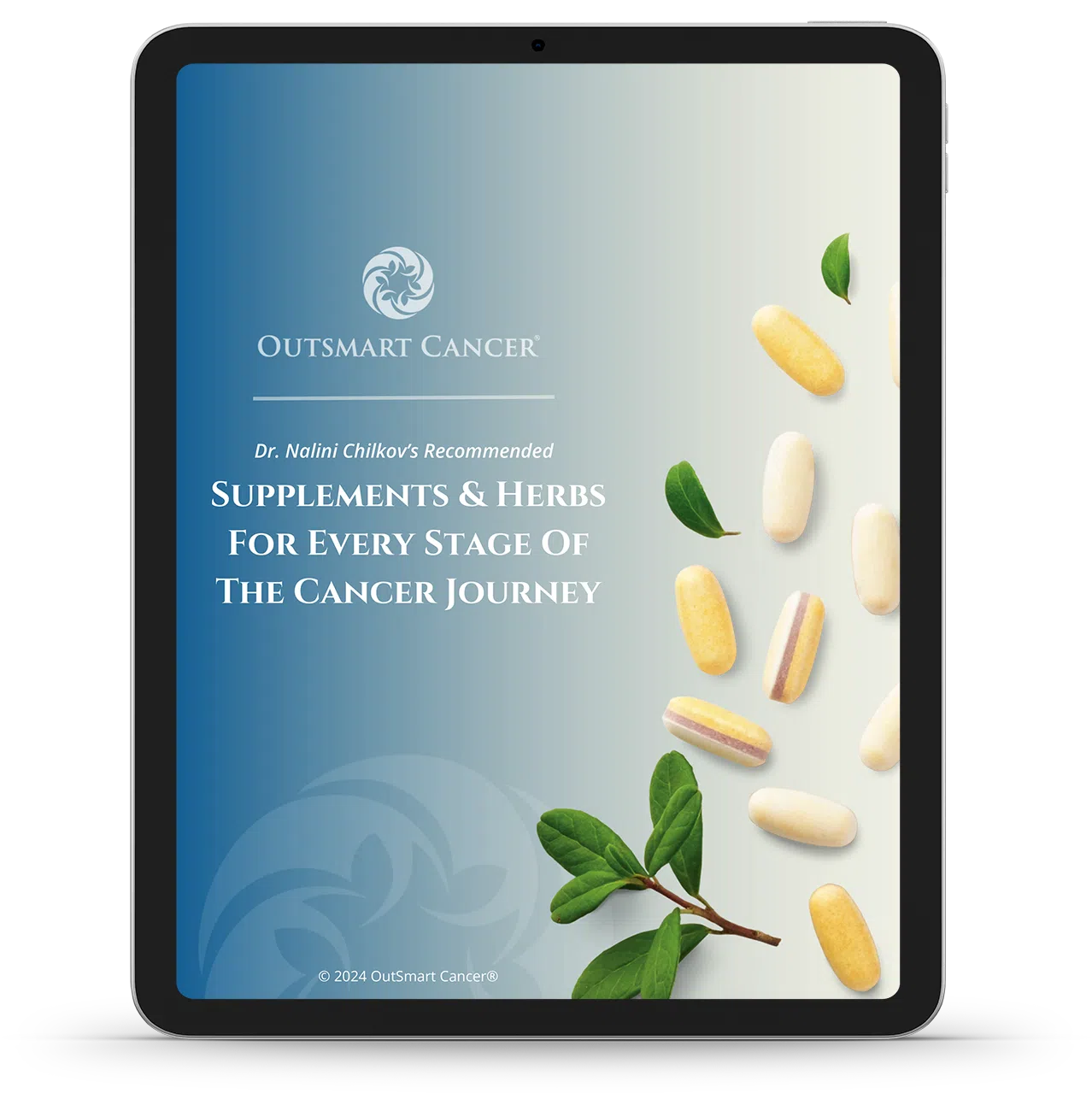
Dr. Martin Seligman is an elder and a master psychotherapist. He is is the father of Positive Psychology. He is actually interested in people who are healthy and happy! He has done formal research studies on happiness and has developed “The Happiness Equation”
He developed a technique that is called The Happiness Intervention and the results are backed up by research!
Do You Want to Experience More Happiness? It only takes one week!! It turns out that happiness is good for your immune system too!
For the next seven days
- At the end of the day sit down with your journal, iPhone or any piece of paper. Write down 3 things that went well during your day and why. You might write that you had a nice visit with a girlfriend, or that you had fun singing with your kids in the car on the way to school or that you had a great yoga class or a good meditation session or you made a really good smoothie and took all of your vitamins and herbs and feel great.
- Repeat this simple practice every night for one week.
Professor Seligman’s research shows that when you do this practice for one week, it raises your happiness levels. And that happiness stays with you — people in his study were still happier 6 months later!
Imagine your happiness levels if you make this a regular part of your life!
According to Kate Bratskeir, Martin Seligman, theorizes that while 60 percent of happiness is determined by our genetics and environment, the remaining 40 percent is up to us.
In his 2004 Ted Talk, Seligman describes three different kinds of happy lives: The pleasant life, in which you fill your life with as many pleasures as you can, the life of engagement, where you find a life in your work, parenting, love and leisure and the meaningful life, which “consists of knowing what your highest strengths are, and using them to belong to and in the service of something larger than you are.”
After exploring what accounts for ultimate satisfaction, Seligman says he was surprised. The pursuit of pleasure, research determined, has hardly any contribution to a lasting fulfillment. Instead, pleasure is “the whipped cream and the cherry” that adds a certain sweetness to satisfactory lives founded by the simultaneous pursuit of meaning and engagement.
And while it might sound like a big feat to to tackle great concepts like meaning and engagement (pleasure sounded much more doable), happy people have habits you can introduce into your everyday life that may add to the bigger picture of bliss. Joyful folk have certain inclinations that add to their pursuit of meaning — and motivate them along the way.
Seligman identifies the Characteristics of Supremely Happy People:
- They cultivate relationships with and spend time with other happy people
- They are authentic. They smile when they feel genuinely like smiling
- They cultivate resilience and the ability to cope with stress and bounce back from setbacks and disappointment. Their cup is half full.
- They make an effort to cultivate happiness. They try to enhance emotional well being.
- They pay attention to the positive and notice the things that go well. (Like the exercise described above)
- They are altruistic and spend time giving to others. They are often donors and volunteers to charitable organizations.
- They spend money and time on others. They are generous.
- They allow themselves to experience states of flow, fully immersed in activities that they find challenging and stimulating and meaningful in which they lose track of time.
- They connect in meaningful ways with others and generally do not engage in small talk and superficial conversations. They are interested in connecting and relating.
- They value listening which cultivates closer and stronger relationships.
- They show up in person. They do not rely upon social media, Facebook, Twitter, Skype, electronic chats and face time. They spend time with others.
- They are optimists. They can find the silver lining in any situation. They look at a challenging situation or a set back as temporary or as an opportunity to learn and grow, not as defeat.
- They listen to music.
- They disengage from “doing” and take time to relax and unplug.
- They feel connected to something larger than themselves. They are engaged in benevolent, compassionate and spiritual pursuits. This must be as simple as acknowledge what is sacred in life.
- They are physically active and exercise regularly.
- They spend time outside and in nature.
- They get enough sleep.
- They have a sense of humor. They laugh a lot.
- They tend to have good posture, hold their heads high and take long strides when they walk.
As I reflect on all of these qualities I am reminded of a month I spent in the Himalayan Kingdom of Bhutan. Instead of Gross National Product they track Gross National Happiness and the above qualities and activities are every day life in their culture. Their way of life nourishes happiness, while modern life requires that we schedule these activities that wire us for genuine inner peace, contentment, satisfaction and meaning. The Bhutanese are some of the most at ease, relaxed, joyful, authentic, kind, generous and humorous people I have ever met. And they are healthier as well as happier! I have always tried to bring a little Bhutan into my daily life!
And the good news is that happiness lowers your blood pressure, improves your immunity, makes you more resistant to infection, allows you to sleep restfully, combats fatigue and enhances your digestion and even your muscle mass. Happiness is actually good for your health!
One of my favorite books on Happiness from a contemplative point of view : download a pdf copy for free!
Happiness: A Guide to Developing Life’s Most Important Skill, by Matthieu Ricard




